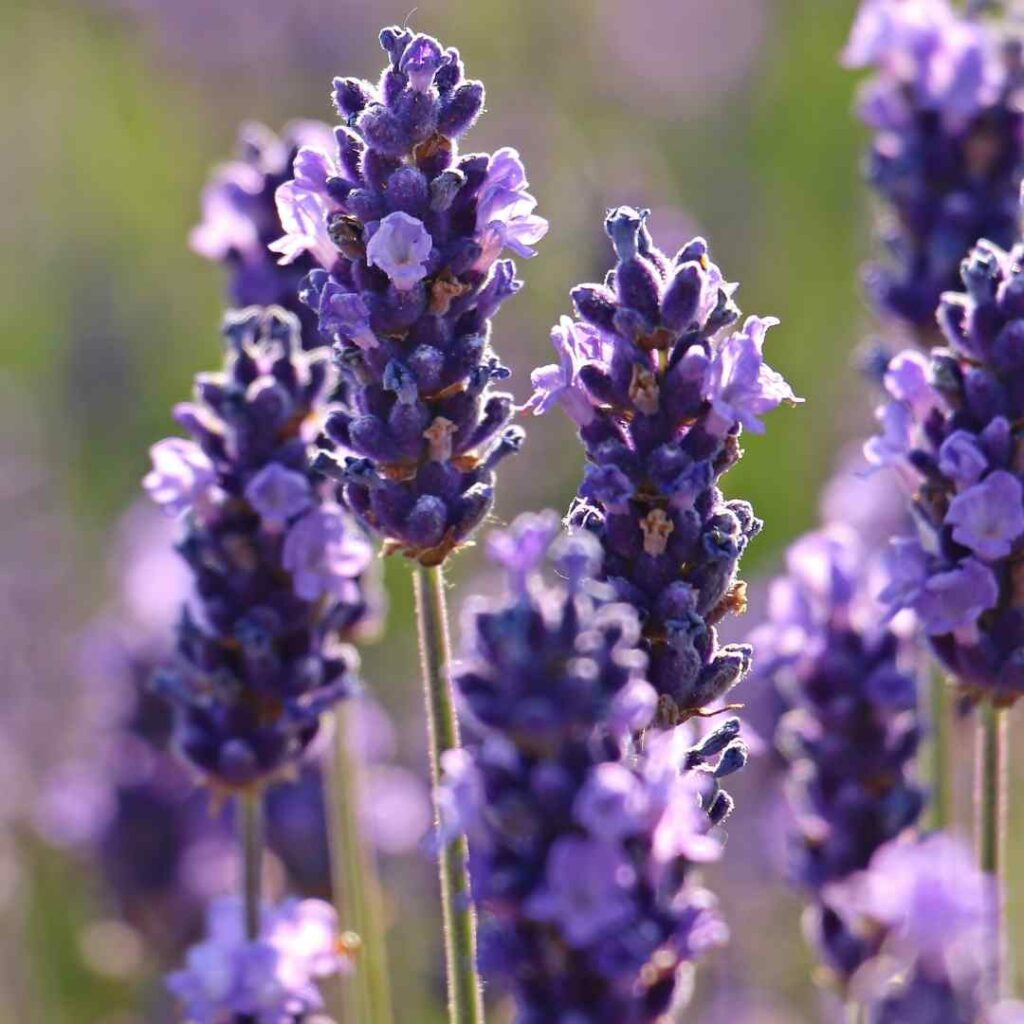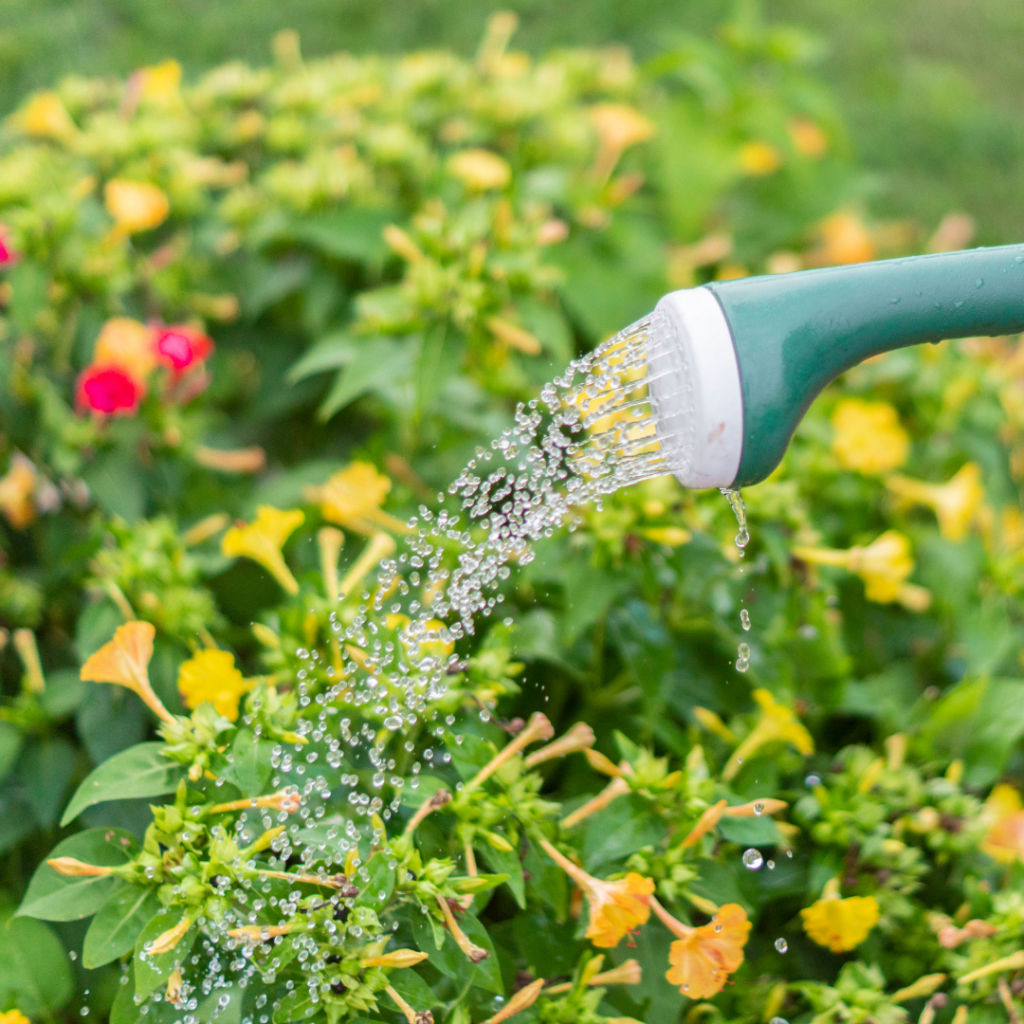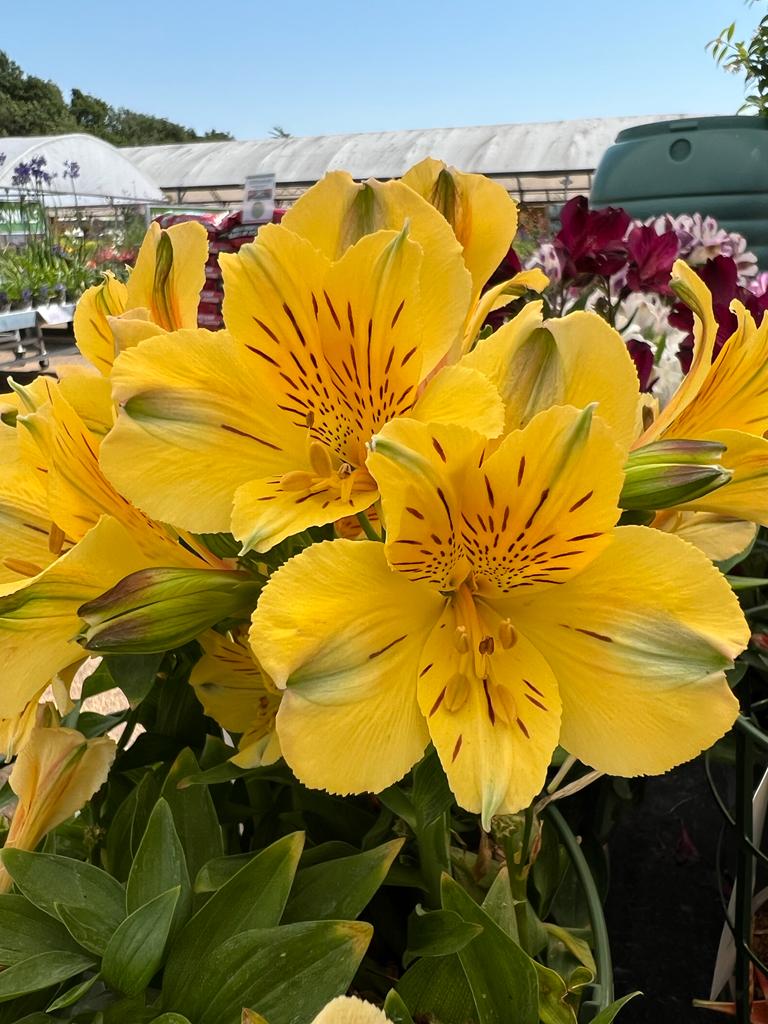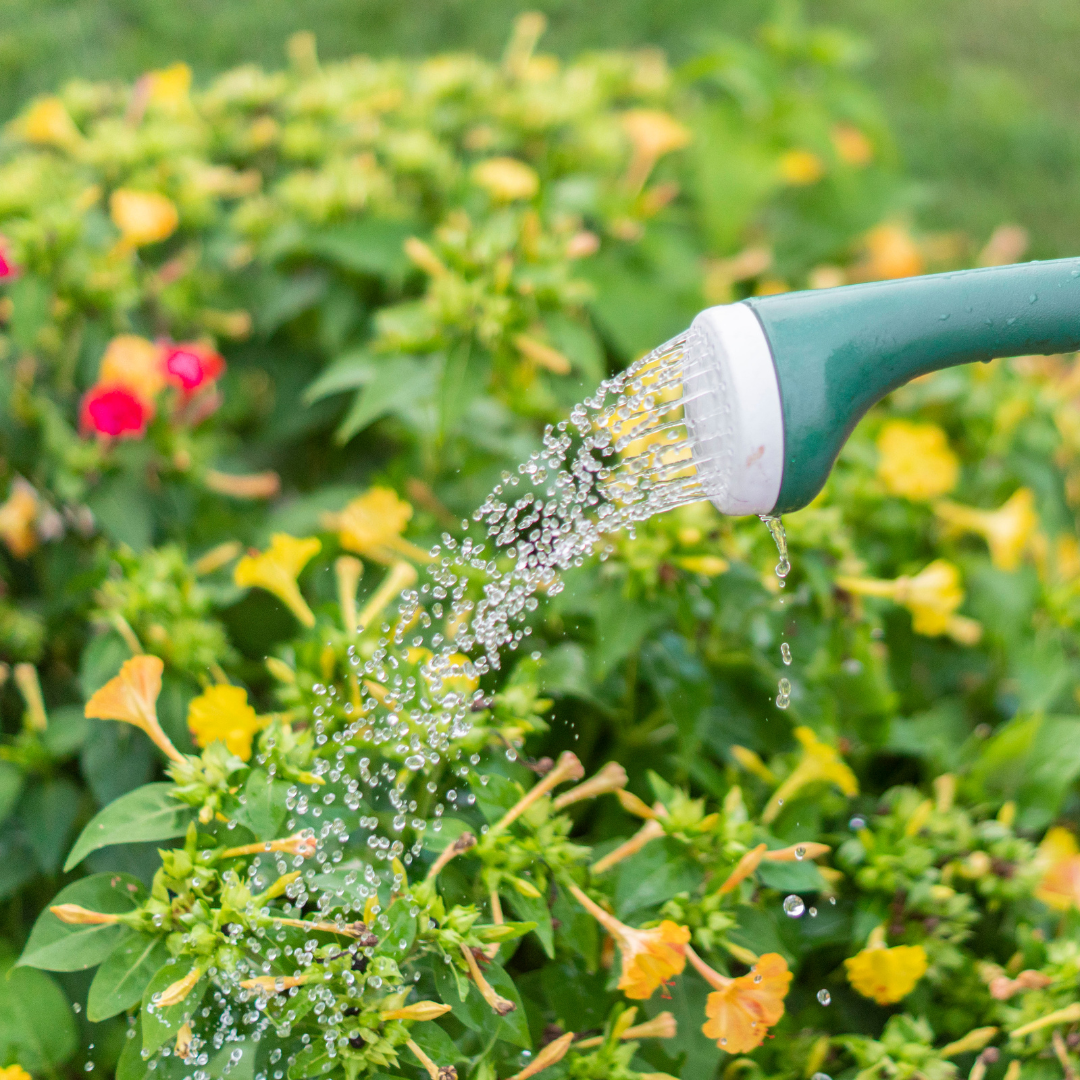Blog, Gardening Advice
Gardening Mistakes to Avoid in Summer
The UK summers are sometimes a bit hit and miss so it’s essential to try and prepare for all weathers during the summer!

NOT WEEDING REGULARLY
Weeds can quickly get out of hand, and they love the extra sunshine which promotes growth. Weeding regularly can provide your plants with the nutrients and sunlight that they need in order to grow healthy. If your plants are having to compete with nutrients, water and sunlight from weeds, they may not be growing at their optimal health. Weeds also harbour pests and diseases, so it is best to remove the weeds little and often.
NOT MEETING PLANT SUNLIGHT REQUIREMENTS
It is important during planting that you research what your new plants require if they grow well in partial shade or need access to sunlight as much as they can. It is then important to consider where in your garden the plant’s needs can be met. Find out how much light your plant requires by reading the label or doing some research. Pick a spot in your garden that has the right amount of sun or shade for your plant.
If you like a low-maintenance garden, opting for drought-friendly plants may be a good idea to ensure your garden space will bloom beautifully!
“A good way to identify a drought-tolerant plant is the colour of its leaves, the majority have silver or grey-green as these light colours, as it reflects the harsh rays of the sun.”
- Cordyline Australis ‘Red Star’ (when planted in the ground)
- Hebe
- Lavender
- Euphorbia Ascot Rainbow (Perennial)
- Heuchera
- Geum
Containers and border plants:
- Gazania
- Osteospermum
- Verbena



NOT CONSIDERING SOIL QUALITY
Different plants have different soil preferences, and planting them in unsuitable soil can lead to poor growth, reduced flowering and fruiting, nutrient deficiencies, pest and disease problems, and even plants dying.
Soil texture: The proportion of sand, silt and clay particles in the soil. This affects the drainage, aeration, water retention and nutrient availability of the soil.
Soil structure: Ensure that your soil is free of clumps of sand, clay or silt. This can affect aeration and nutrient availability for plants.
Soil organic matter: Removing dead plants, rocks, and other organic matter can benefit plant growth by providing a better biological system of the soil, which will help your plants thrive.
Soil pH: Your soil pH can affect the growth of your plants as some plants may prefer more alkaline or acidic growth environments. This determines how well nutrients and minerals dissolve in the soil, and how active the soil microbes are.
INCORRECT WATERING
It is best to water your plants first thing in the morning or last thing at night. Watering plants in the daytime, especially when it is hot, can make the water evaporate and burn the leaves. It can also attract pests and fungi.
“To avoid poor growth, reduced flowering and fruiting, nutrient deficiencies, pest and disease problems, and even plant death, you need to check the quality of your soil before planting anything, and improve it with organic matter, fertilisers or other amendments if needed.”









